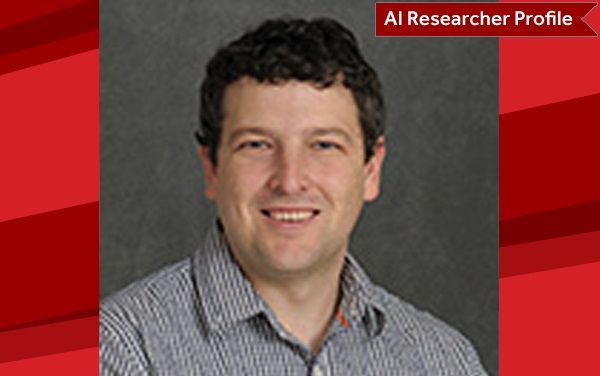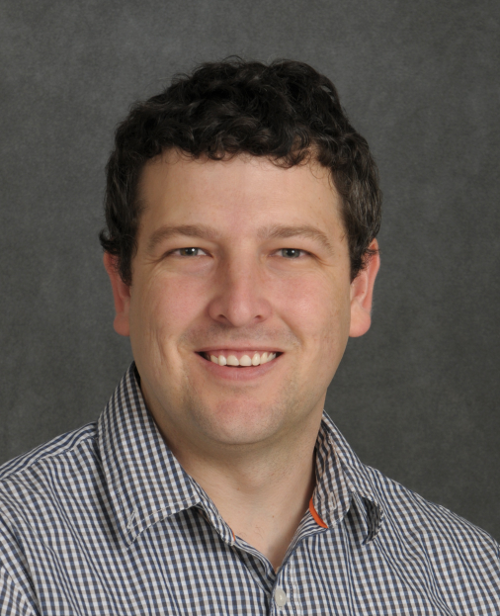Given the challenges of 2020, society has encountered distinguished heroes in many new and sometimes unexpected places. Professor Carlos Simmerling, Stony Brook University’s Marsha Laufer Professor of Physical and Quantitative Biology, worked with a team to develop a groundbreaking AI-driven simulation of the COVID-19 virus, analyzing its infectious effect on host cells. The research has gained significant traction, earning their paper “AI-Driven Multiscale Simulations Illuminate Mechanisms of SARS-CoV-2 Spike Dynamics” the prestigious Gordon Bell Prize.
spotlightimage

Spotlight Link
Part five of our AI Researcher Profile series invites Distinguished Professor Arie Kaufman of the Department of Computer Science, and CEWIT Chief Scientist, to discuss his innovative techniques for 3D virtual pancreatography, its applications to AI, machine learning, and ultimately, human life.
AI Institute: You have developed techniques for 3D virtual pancreatography. Can describe what that is and why it is exciting?
Part Four of our AI Researcher Profile series welcomes Professor H. Andrew Schwartz of the Department of Computer Science. Through his research, Professor Schwartz has bridged the worlds of psychology and artificial intelligence together in order to predict and diagnose the health of others.
$1M Grant from the NSF Convergence Accelerator
Humanity’s reliance on the power grid is increasing with each passing year. As a society, we are lulled into a sense that things will work simply by paying the monthly bill, and when these massive systems break down – as they have after numerous recent natural disasters -- we realize how much being connected to the grid shapes our lives. In the aftermath of repair efforts, we also realize how much work it actually takes to keep the power on.
Seven Stony Brook AI Papers Make Prestigious NeurIPS Conference
Stony Brook University’s Institute for AI-Driven Discovery and Innovation has been working tirelessly to study and present new research to the world. As a result, this year the Institute had seven papers accepted at the most distinguished conference for machine learning in the world: The Conference and Workshop on Neural Information Processing Systems (NeurIPS).
Stony Brook researchers of these accepted papers are:







